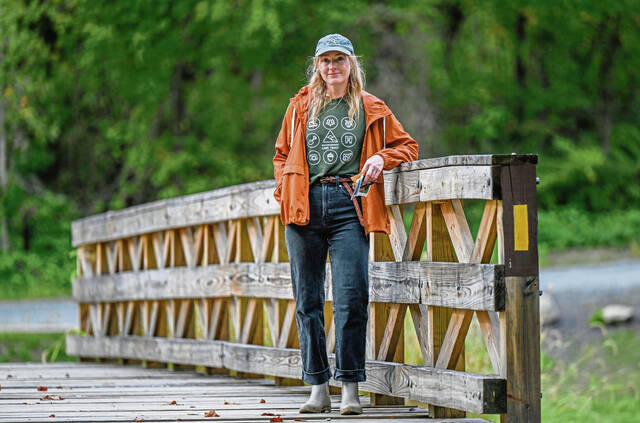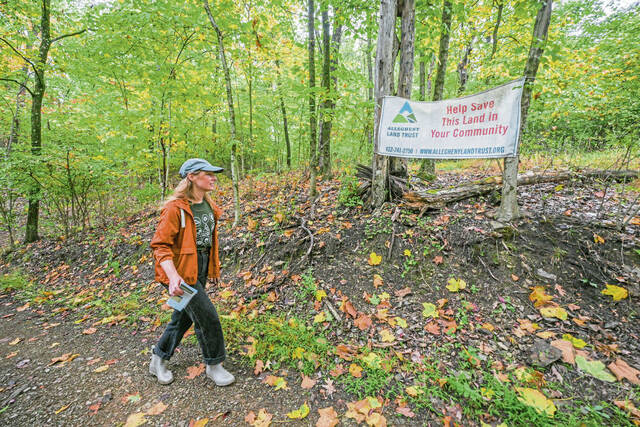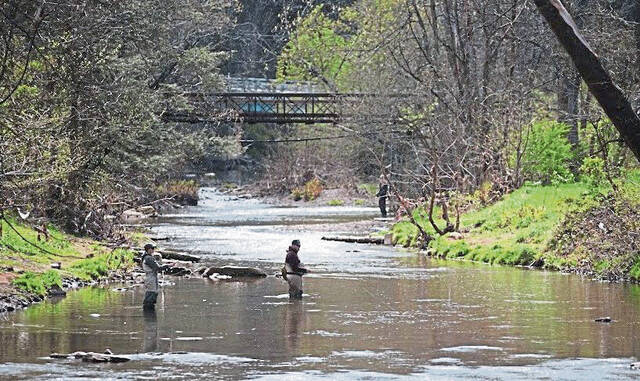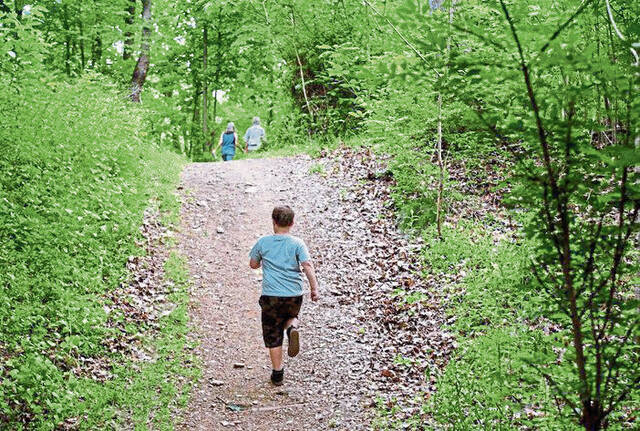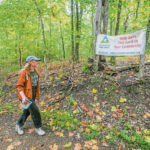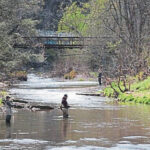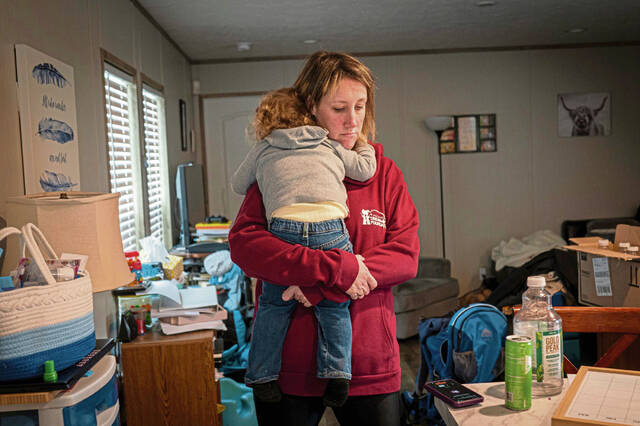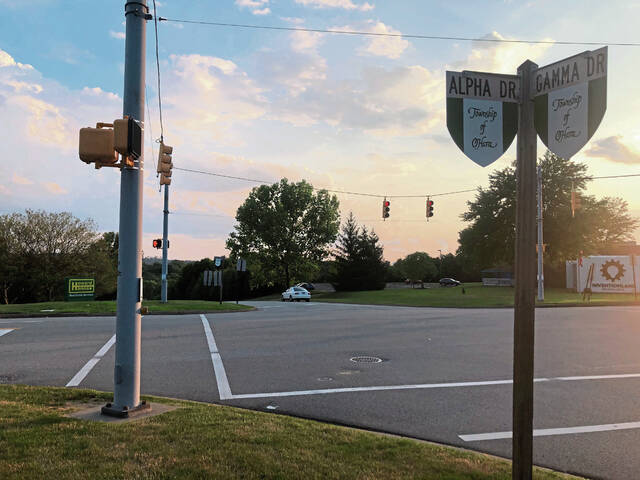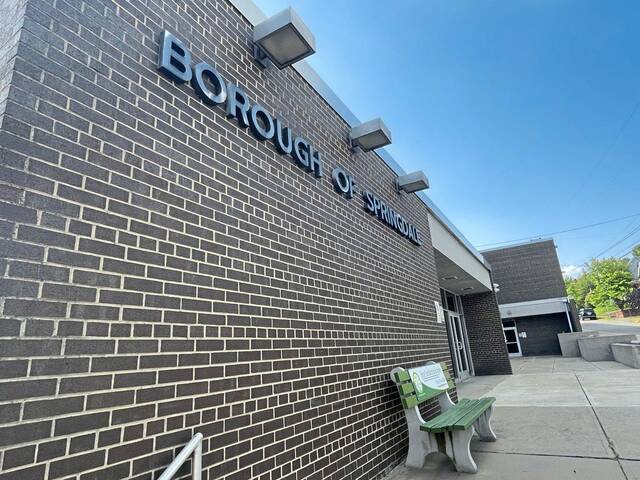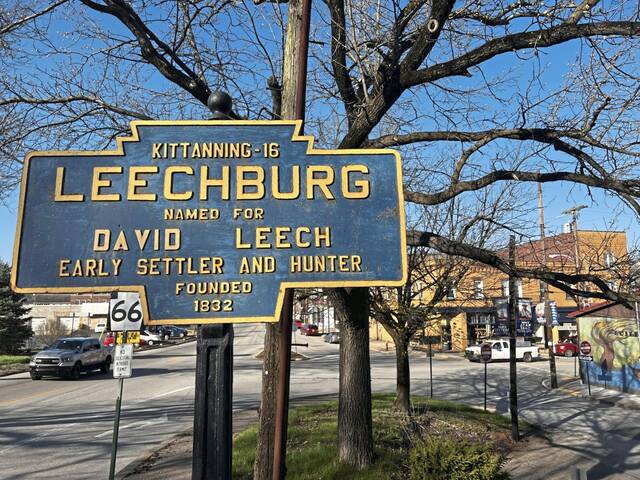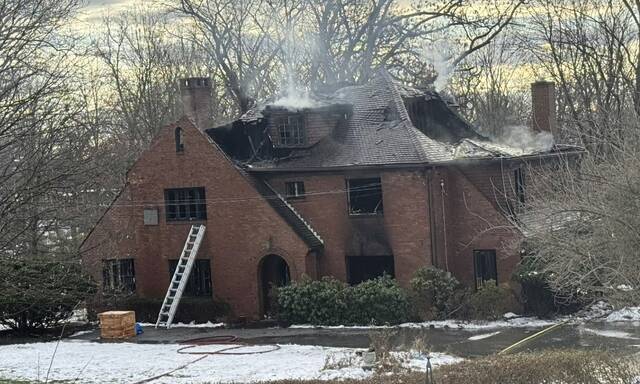The Pennsylvania Game Commission will cover half of the $2.6 million cost to buy 280 acres in Indiana Township as part of an Allegheny Land Trust-led conservation effort.
Game commissioners voted unanimously last week to put $1.3 million toward purchasing two parcels near Emmerling Community Park, along with additions to six state game lands.
The land trust initially expected to fund the purchase through other state agencies and private foundations as well as $150,000 from the public. As of late August, community members had kicked in just shy of $12,000 for what’s called the Deer Creek Conservation Project.
Lindsay Dill, senior director of marketing and community engagement for the land trust, said her organization still is counting on state Department of Conservation and Natural Resources and foundation support, but individual donors will no longer be crucial.
“Basically, we’re waiting on news from other funding sources,” Dill said. “In a couple of weeks to one month, we should have a better idea of the funding picture.”
The land trust has an exclusive contract to buy the space from Miller Family Holdings LP, provided it raises enough funds by December.
On its website, the group said it hopes to protect the high-quality Deer Creek Watershed, local wildlife and recreational opportunities, such as the Rachel Carson Trail, which runs through Emmerling Park and into the land being acquired.
The property also borders Deer Creek, a stocked trout tributary of the Allegheny River, as well as the Pennsylvania Turnpike.
A well pad on the land will be subdivided, according to Indiana Township Manager Dan Anderson.
Steve Mentzer, events director for the Rachel Carson Trails Conservancy, said his nonprofit wants to “ensure hikers can continue to use the trail safely and our volunteers can maintain the trail,” no matter who is in charge.
The deed will lie with the Game Commission, but the land trust is hammering out language with the agency to ensure its vision of a hunting and hiking hot spot comes to fruition.
“Right now, we’re just kind of drawing up paperwork to make sure this land is conserved to our standards,” Dill said. “State game lands are great, and they kind of follow our stewardship and management practices, so we have confidence in that.”
Game Commission officials Matthew Lucas, a land management supervisor, and Dan Puhala, a land manager, described the agency’s plans to clearly mark which areas can be hunted, possibly install a small parking lot off Cove Run Road and crack down on illegal ATV use.
As with any state game land, anyone on the property during firearm season for deer, bear or elk would be required to wear fluorescent orange.
The Game Commission manages more than 1.5 million acres of game lands across the state. About 1,200 acres, or less than 0.1% of its holdings, are in Allegheny County, confined to a plot split between Marshall and Franklin Park as well as a tiny tract in Springdale Township.
Allegheny County is one of four counties where, since 2020, the Game Commission has been permitted to spend more than $400 an acre to acquire land. Without this exception, according to Puhala, finding land in the county would be next to impossible.
“I don’t even know if you could buy a toxic waste dump for $400 an acre,” he said.
Several elected officials said they’re thrilled by the prospect of adding more game lands to the county.
State Rep. Mandy Steele, D-Fox Chapel, whose district encompasses the land, claimed she was moved to tears.
“This is massive news,” she said. “This land will be protected for generations of people to use. It’s just incredible. It makes me cry.”
Steele noted she has been an advocate for expanding the county’s dearth of public lands, which she called “a core American value … that started with Teddy Roosevelt.”
State Sen. Lindsey Williams, D-West View, expressed support for the Game Commission’s decision, too, and said she is pushing the Department of Conservation and Natural Resources to put up funding so residents can continue to “reconnect with the outdoors.”
For Anderson, the perks of conserving this swath of forest outweigh those of developing it.
In a message to TribLive, he rattled off figures about the property’s environmental impact: 231 million gallons of rainwater absorbed into the Deer Creek Watershed, 1.1 million pounds of carbon sequestered and 20,000 pounds of other pollutants pulled from the air.
“The environmental impact of this project cannot be overstated,” he said. “The preservation of this natural habitat and passive recreational space will undoubtedly enrich the lives of our residents for generations to come.”


